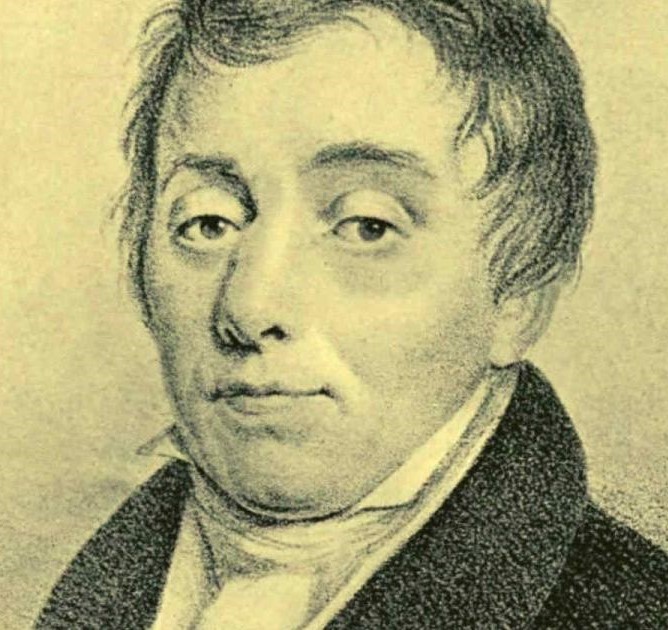For him, thought is an inner conversation: who is Louis Bonald?
Bonald, together with Joseph de Maistre, opposed the principles brought by the French Revolution and defended the validity of absolute monarchy and religious authority.

(1754-1840) French philosopher and politician. He is one of the main representatives of the Traditionalism movement in France. Louis Gabriel Ambroise Bonald was born on October 2, 1754, in Millau. He was a knight in the Royal Guard until 1776. He became Mayor of Millau in 1785-1789. Bonald, who was a member and chairman of the central government of Aveyron in 1790, resigned in 1791 in order not to apply the civil law for the clergy and settled in Heidelberg. The book Theorie du Pouvoir Politique et Keligieux (“The Theory of Political and Religious Power”), which he wrote here, was confiscated by the Directorate. He returned to France in 1797. He was appointed as a member of the National Education Council in 1814. Elected to the Academie Française in 1816, Bonald became viscount in 1821. He became minister of state in 1822 and chairman of the Censorship Commission in 1827. He died in Millau on 23 November 1840.
Louis Gabriel Ambroise, Vicomte de Bonald (2 October 1754 – 23 November 1840) was a French counter-revolutionary philosopher and politician. He is mainly remembered for developing a theoretical framework from which French sociology would emerge.
Bonald, together with Joseph de Maistre, opposed the principles brought by the French Revolution and defended the validity of absolute monarchy and religious authority. According to Bonald, the principles brought by the French Revolution harm the integrity of society. On the basis of Bonald's political theory, there is the view that thought and language are identical, and that God gave man a primitive language at the time of creation. This language is preserved by tradition from generation to generation. Just as language acts as a mediator between God and reality, the state is a mediator and sacred between the people and God.
Bonald argued that thought is an inner speech, therefore language cannot be created by man. According to Bonald, language, which is a social phenomenon, unites individuals in groups and creates a common body of thoughts. These thoughts are tradition. The continuity of traditions may sometimes be interrupted, as in the French Revolution, but this is a reversible process, people will gather under a single political system and set of beliefs. The political system in question is an absolute monarchy, and the body of religious beliefs is established by the dominance of the Catholic Church. Just as the universe was created and governed by one God, the church and state must maintain their administrative unity.
According to Bonald, sovereignty was given to the state by God. Instead of the Enlightenment's theory of human rights, Bonald argued that people have only a "duty" before God and the authority (state) that represents him. Bonald's political views are a response to Rousseau and his Social Contract Theory. The "mediator role of language", which he advocates on the philosophical plane, provides a triple formula that Bonald applies to every field: cause, means, and effect. In politics, the cause is the king, the vehicle is the ministers, and the result is the subjects.
Bonald, who defends the unity of powers within the state against the environment of equality and freedom brought by the French Revolution, rejects Montesquieu's principle of separation of powers. According to Bonald, it is dangerous to make written constitutions and bills of rights for people. The policy has to be based on history. He finds the authority of history in politics and the authority of the church in religious matters valid. According to Bonald, it is not individuals who make up society. The individual gains meaning only in society. They have duties to society, not rights. In Bonald, the state was sanctified, and the government was raised on theocratic foundations.
Bonald defended the justification of racism and slavery, and the benefit of the death penalty, and opposed the legalization of divorce and equal rights for women in order to protect the family.
Bonald, who criticizes Greek art because of the democratic environment in which it emerged, argues that art will have the opportunity to develop only in countries governed by an absolute monarchy.
Bonald's thoughts influenced the Catholic traditionalist movement in France and Italy, some schools in sociology through Comte, Action Française, and especially Charles Maurras.
